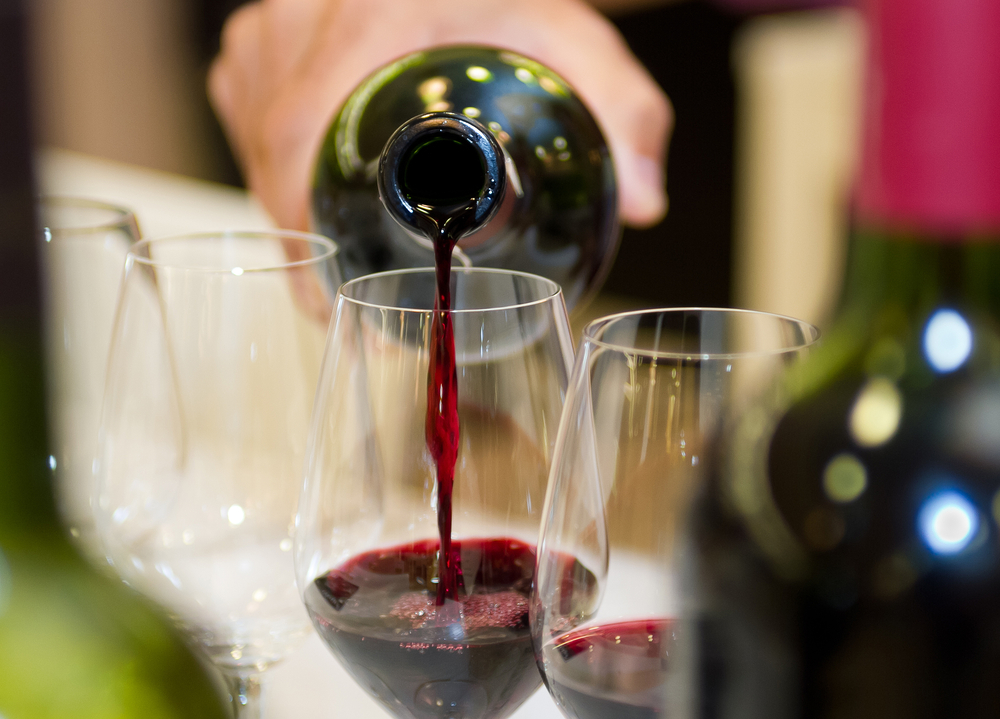Trying to understand the winemaking process? Don’t forget to learn about the importance of yeast in wine fermentation—it impacts everything!
You know how yeast makes your favorite bread rise? How it keeps things from falling flat, tasting lackluster, and not meeting our expectations? In essence, that’s what yeast does for our wine. It turns mere grape juice into delicious wine—the wine world would be nothing without the power of yeast.
Curious about the importance of yeast in wine fermentation? Below, we’ll dig into what exactly yeast is and how it helps create the wines we love.
What Even Is Yeast?
Not many people know what yeast is or even how it works. In short, yeasts are fungal organisms. The yeasts we use in bread are different than the ones we use in winemaking. There are many types of yeast. Those used in winemaking create higher alcohol levels than the yeasts we use for bread.
How does yeast create alcohol? Yeasts are all about sugar; they need it to live. The yeast can convert the sugar present in grape juice into alcohol.
How It Works
That said, turning grape juice into wine isn’t as simple as dumping some yeast in. Technically, yeast is everywhere, and it’s even present in the vineyard grapes themselves. Called wild yeast, this will produce a natural, high-quality wine, but it may not always produce enough alcohol content.
Instead, winemakers introduce a commercial yeast strain to start fermentation quickly without the risk of a low alcohol percentage. Yeast helps encourage the fermentation process, but it doesn’t make up the fermentation process as a whole. Fermentation requires warm temperatures, sugar, and the right vessel.
- Lower temperatures help retain a “fruity” wine character.
- Higher temperatures allow for more tannin extraction.
- Temperatures that are too high can kill off yeast.
- The higher the initial sugar content, the more alcohol present in the bottle.
- Oak barrels allow for a gradual oxidation and softened mouth feel.
- Stainless steel creates crisper wines.
In the end, yeast is the aspect that gets this all going.
How Yeast Impacts Flavor
Not only does yeast increase alcohol content, but it also helps refine the aroma and flavor profiles of finished wines. Producers can choose from ideal yeast characteristics to make their wines and transform flavors. The hint of banana you find in a wine could come from the yeast strain used during fermentation. The bottle that doesn’t smell or taste good could have come from an unwanted yeast strain.
In short, the importance of yeast in wine fermentation is paramount. Yeast impacts aromas, flavors, and alcohol content within the barrel. And now that you know, you can feel even more appreciation for the wines you drink every day.
Want to try a variety? Shop Wines ‘Til Sold Out’s last call wines. From crisp whites to tannic reds, you can explore the intricacies of wine without worrying about your bank account. Take a look now!



